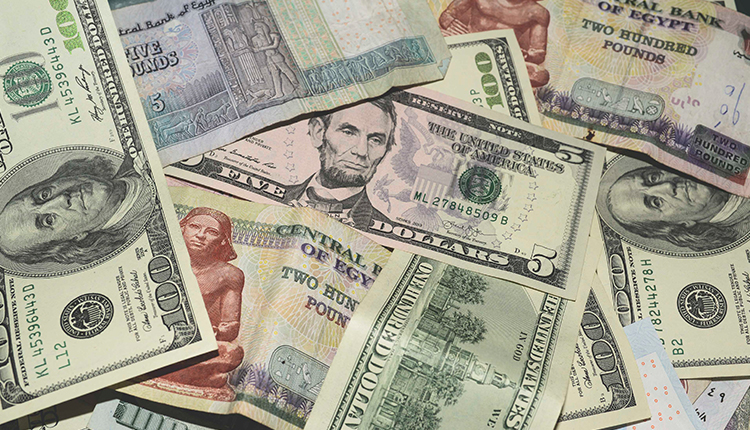Egypt’s pound remained stable on Thursday at 49.5 against the dollar, similar to the previous day’s closing rate, after the central bank allowed the currency to plunge, Reuters reported.
The currency stability came after the central bank announced a move to a more flexible exchange rate system as part of an expanded $8 billion program with the International Monetary Fund (IMF).
The shift to a more flexible exchange rate, a key IMF requirement, is crucial for boosting investor confidence in an economy struggling with a foreign currency shortage for the past two years.
This shortage has hindered local business activities, caused delays in payments, and led to backlogs at ports, Reuters added.
Prime Minister Moustafa Madbouly stated that Egypt is planning significant deals to ensure liquidity, stabilise prices, and prioritise foreign currency access for essential commodity importers as the currency adjustment takes effect.
Egypt’s international bond prices continued to decline on Thursday. The 2033 note fell by 1.62 cents to 81.81 cents on the dollar, with overall sovereign bond prices trading at early March levels.
The central bank governor Hassan Abdalla referred to the parallel market trading as a “disease” reflecting a lack of trust in the financial system. He assured that Egypt has sufficient reserves to meet its obligations and more.
The IMF, which increased its loan program with Egypt by $5 billion, aims for a sustainable and market-determined exchange rate.
Egypt has committed to implementing structural reforms to stabilise prices, manage debt, and promote private-sector growth.


